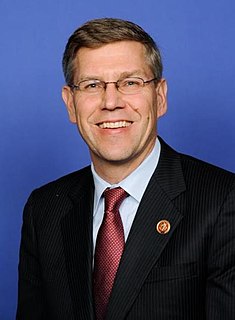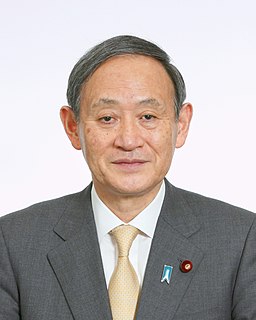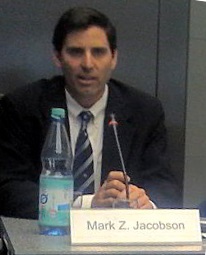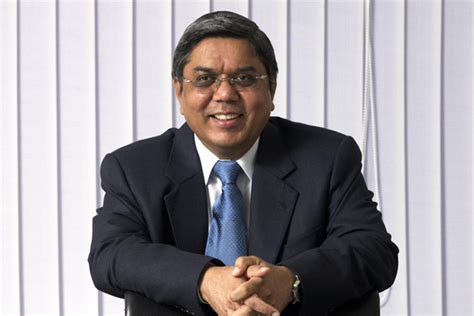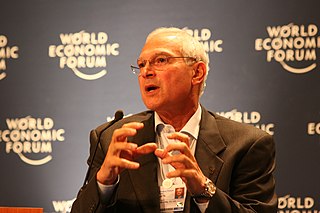A Quote by George W. Bush
We ought to be using nuclear power. It's a renewable source of energy.
Related Quotes
There are consequences to our insatiable demands for energy and there are no easy answers for how to capture that energy safely. But even more pressing, since we are currently using nuclear power across the country and the globe, nuclear power plants must be regulated, and we need to be certain that our regulatory bodies are not compromised by their relationships with industry.
I'm not against international institutions that would try to tackle global warming. But the way to go, at least in the short run, is to go to nuclear power. It's amazing to me that people who are so alarmed about global warming are so reluctant to adopt the obvious short-term solution - the bridge until the day when we have affordable renewable energy - of nuclear power.
In nature the only source of energy is from the sun. So in ecological systems everything comes from the sun through the process of photosynthesis whereas now in human built environment our source of energy is from fossil fuels, renewable, wood energy or hydro-energy but it is not from the sun. So until we are able to operate and run a human built environment by imitating photosynthesis it will be a long while before we can have a true eco-system.

